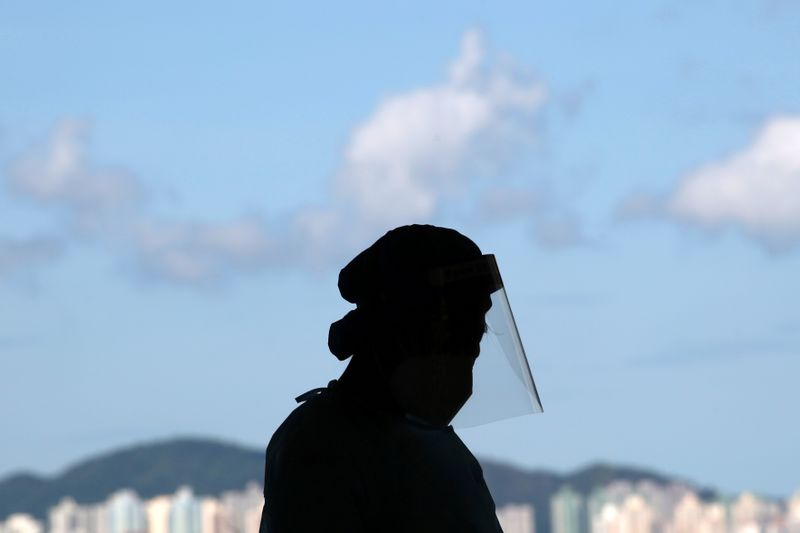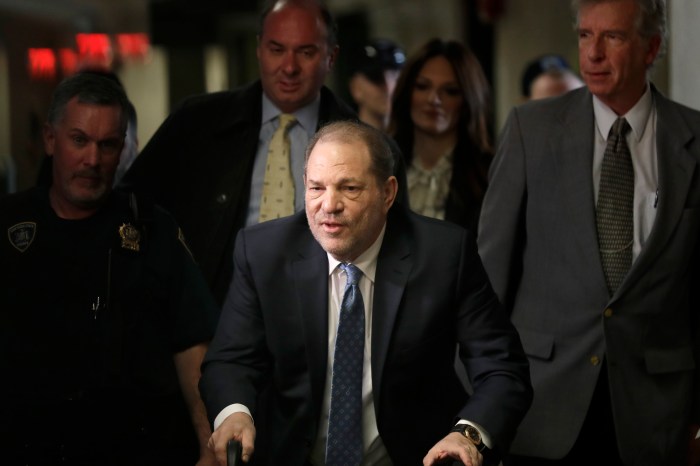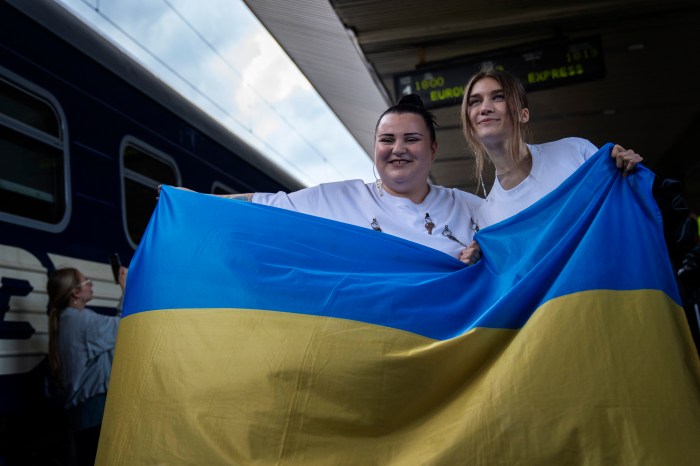(Reuters) – Here’s what you need to know about the coronavirus right now:
10,000 deaths in 11 days
U.S. deaths from the novel coronavirus were approaching 150,000 on Wednesday, the highest level in the world and up by 10,000 in 11 days, a Reuters tally showed.
This is the fastest increase in fatalities since the United States went from 100,000 cases to 110,000 cases in 11 days in early June.
Nationally, COVID-19 deaths have risen for three weeks in a row while the number of new cases week-on-week fell for the first time since June.
A spike in infections in Arizona, California, Florida and Texas this month has overwhelmed hospitals. The rise has forced states to make a U-turn on reopening economies that were restricted by lockdowns in March and April.
Wrangling resumes in Washington
Top Trump administration officials and Democratic congressional leaders will try on Wednesday to narrow their differences over a coronavirus aid bill, with no guarantees they can craft a compromise before some jobless benefits expire at the end of this week.
Treasury Secretary Steven Mnuchin and White House chief of staff Mark Meadows were expected to resume negotiations with the two senior Democrats in Congress – House of Representatives Speaker Nancy Pelosi and Senate Minority Leader Chuck Schumer.
An hour-long meeting of the four broke up on Tuesday with no sign of progress.
Senate Republican leaders are pushing for around $1 trillion in new aid, on top of more than $3 trillion enacted since early this year. Democrats see a far greater need as they back $3 trillion in new spending.
‘Quarantine roulette’
Heathrow Airport, once Europe’s busiest, called on Britain to urgently back a passenger testing regime, warning that without one, the country’s strict quarantine rules will stop travel, stall the economy and lead to more job losses.
Heathrow said that to avoid losing a game of global “quarantine roulette”, the government should change its rules to cut quarantine from 14 days to around eight for passengers who take two tests over the course of a week.
The worst public health crisis since the 1918 influenza outbreak has wrought economic turmoil across the world and just as the travel industry restarted there are fears of a second wave of shutdowns after Britain hastily imposed a quarantine on travellers from Spain.
The cost of having a coronavirus test at the airport would be about 150 pounds ($195) per person and the passenger would be expected to pay.
Aged care home crisis in Australia
Australia has sent defence and emergency medical teams, usually deployed to disaster zones, to aged care homes in Melbourne to help contain the country’s worst outbreak of the virus. There are 804 active COVID-19 cases linked to the homes, including workers, state premier Daniel Andrews said.
Prime Minister Scott Morrison described as “very distressing” the situation in 13 care facilities in the state of Victoria, of which Melbourne is capital.
The outbreaks have largely been due to transmission from workers at the homes, many of whom might have been unaware they were carrying the virus. “When it rains, everyone gets wet. And that is what we’re seeing with broad-based community transmission in Victoria,” Morrison said.
Melbourne, Australia’s second-most populous city, is in the midst of a reimposed lockdown that has stalled the reopening of businesses, forced other states to shut borders with Victoria and held off reopening travel with New Zealand.
Brink of large coronavirus outbreak
Hong Kong leader Carrie Lam warned the city is on the brink of a large-scale outbreak and urged people to stay indoors as strict measures to curb the spread took effect on Wednesday.
The new regulations ban gatherings of more than two people, close dining in restaurants and make the wearing of face masks mandatory in public places, including outdoors. These are the toughest measures introduced in the city since the outbreak.
The government has also tightened testing and quarantine arrangements for sea and air crew members. The measures will be in place for at least seven days.
(Compiled by Linda Noakes and Karishma Singh; editing by Barbara Lewis)



















